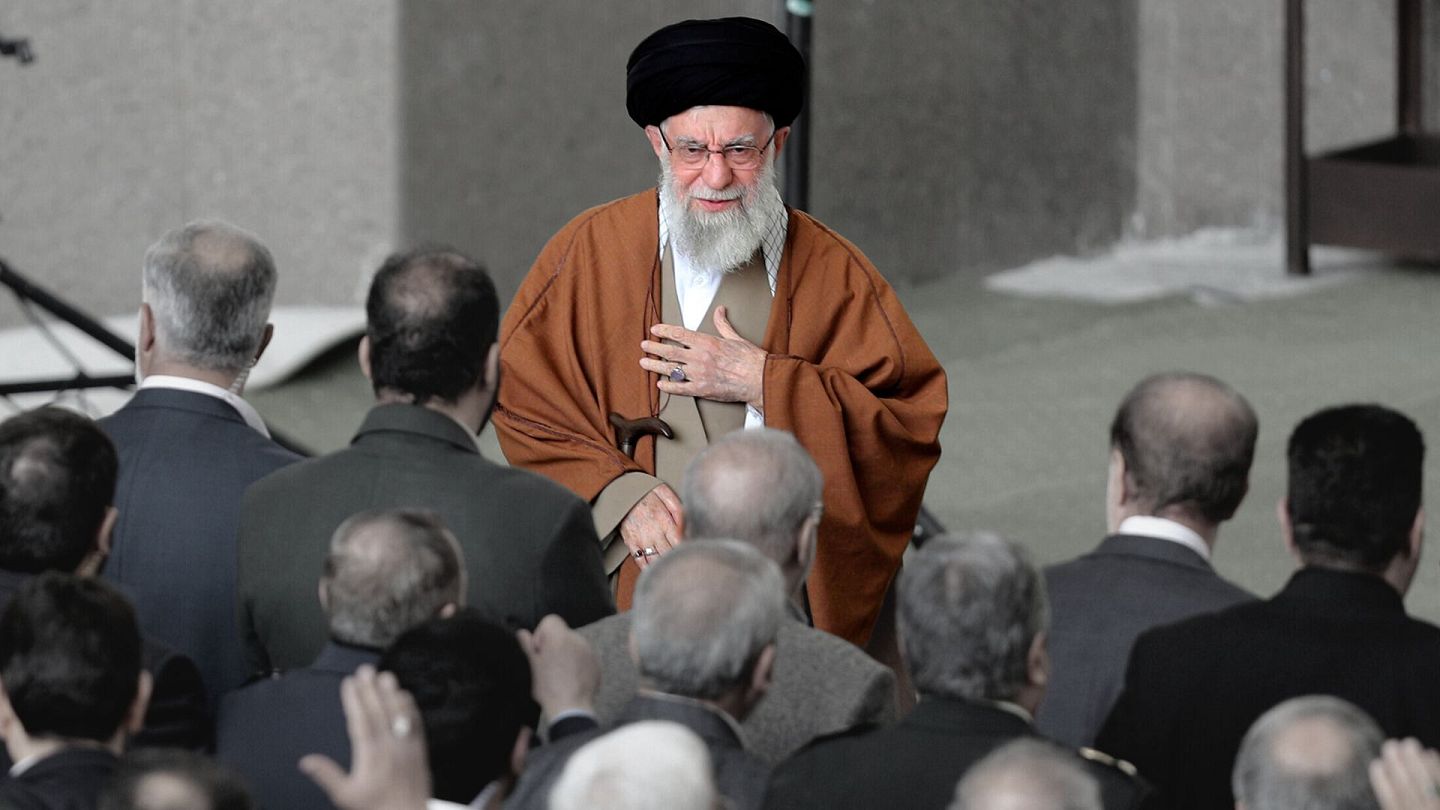Iran regime to undergo change but not towards democracy, veteran diplomat says
Ellen Eyre, a veteran US diplomat, believes the recent Iran-Israel conflict will militarise Tehran further and diminish the influence of reformists.
A former US diplomat who helped negotiate the Iran nuclear deal said regime change in Iran remains unlikely despite the recent Israel-Iran conflict, warning that the 12-day strikes may have strengthened hardline elements within the Iranian government instead.Ellen Eyre, who served on the Joint Comprehensive Plan of Action (JCPOA) negotiating team under US President Barack Obama, told a virtual Middle East Institute meeting Tuesday that while political changes have begun following the most recent Israel-Iran conflict, they would not result in Western-style government replacement.Eyre said the recent conflict's consequences "are likely to make the current regime more militarised, isolated and security-focused," contrary to expectations that reformist factions, including President Masoud Pezeshkian would gain influence.When asked whether the Trump administration could leverage current conditions for diplomatic progress, Eyre expressed scepticism about the US's capabilities for such interventions. "Even in the best case scenario, the US has not been very successful in carrying out such subtle manipulations of the power structures of other countries," she said.The former diplomat noted that Iranian reformists "play a marginal role" and suggested that Washington lacks both the expertise and the political will to boost their chances from outside. Does IRGC hold all the cards?Iran's current regime shows no signs of immediate change, with military commanders and politicians still publicly pledging loyalty to Ayatollah Ali Khamenei. Furthermore, calls for a nationwide uprising by Israel and opposition groups abroad have not materialised since the conflict ended.Meanwhile, Eyre said the Islamic Revolutionary Guard Corps (IRGC) is the most likely actor to exploit any future succession proceedings. Notably, according to her, Khamenei initially held limited power but gradually expanded his authority through appointing loyalists and gatekeeping access to resources."Whoever succeeds Khamenei has to go through the same process. But the new leader will be very weak in the short term and will inevitably follow Khamenei's policy. The IRGC will play a leading role in this power vacuum," Eyre said.She suggested that if Khamenei's successor fails to establish sufficient authority, "it is likely that the leadership position will become a ceremonial and demonstrative position and the real power will be in the hands of the Corps."Following US strikes on Iranian nuclear facilities, President Donald Trump has indicated that nuclear negotiations with Iran might resume, but that there was no urgency to restart discussions."They want to have a conversation. I'm in no hurry to have a conversation because we've taken down their facilities," he said on Tuesday.Although Tehran has put its cooperation with the UN nuclear watchdog, the IAEA, on hold, Pezeshkian has hinted at possible openness to resume talks on Monday, stating in a social media post that "the window for diplomacy is open and we are pursuing this peaceful path seriously."Tehran has maintained it will not abandon uranium enrichment under any circumstances.


